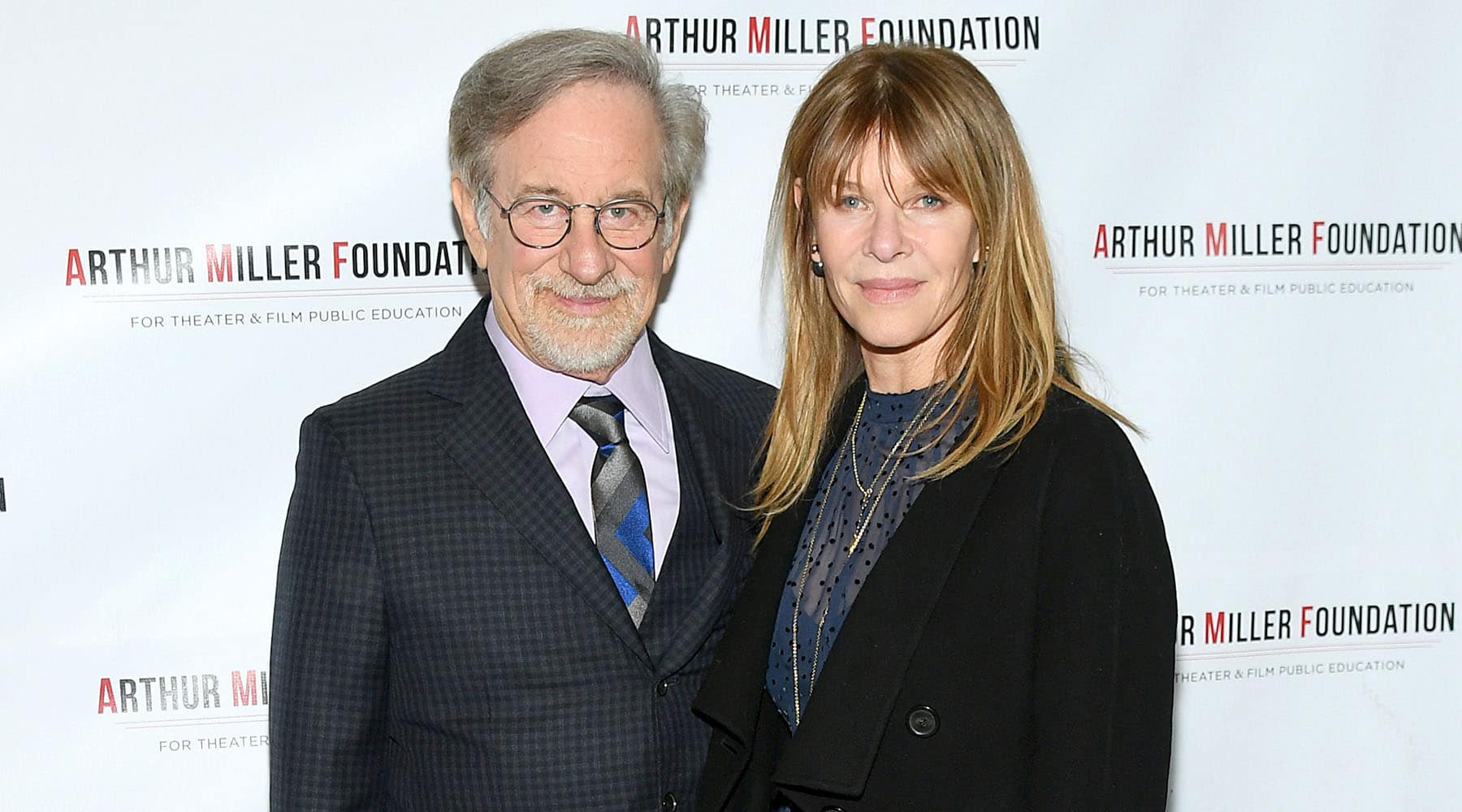
Hollywood, which was founded largely by Jewish immigrants from Eastern Europe who strove to hide or downplay their ethnicity from the American public has come fully out of the closet with the founding of Jewish Story Partners, it was announced Thursday (April 15).
Its purpose, according to a news release, is to “tell stories about a diverse spectrum of Jewish experiences, histories and cultures.”
Success of the new venture is guaranteed, even in fickle Hollywood, since its parents are Steven Spielberg, the golden boy of the movie capital, and his wife, actress Kate Capshaw, who heads the Righteous Persons Foundation which emphasizes issues of social justice, power of story telling and Holocaust-based moral lessons.
Capshaw converted to Judaism before marrying Spielberg.
“There is nothing like story telling to foster connections and help us understand life’s deepest truths,” the couple said in a joint statement. “We are especially proud to help establish the initiative – which will make visible a fuller range of Jewish voices, identities, experiences and perspectives—at a time when social divisions run painfully deep and mainstream depictions oo often fail to reflect the Jewish community in all its complexity. We hope that Jewish Story Partners (JSP) will long be a source of meaning within the Jewish community and beyond.”
Other key JPS figures are co-directors Roberta Grossman and Caroline Libresco; Sarah Abrevaya Stein, professor of modern Jewish culture; and Nancy Spielberg, sister of Steven Spielberg.
Also on board is show runner Marta Kauffman, who said “I am looking forward to helping create a stable and lasting funding organization that can fill the funding gap for independent filmmakers who wan to tell a Jewish story.”
JSP was launched with profits from Spielberg’s movie “Schindler’s List” and additional profits from two of his subsequent films “Munich” and “Lincoln” (see Footnote).
For starters, the Foundation will announce its inaugural round of grantees shortly. Submissions are open for a second funding round with applications due July 1. For information, go to www.jewishstorypartners.org.
FOOTNOTE: In November 1993, one month before the scheduled release of “Schindler’s List,” this reporter sat down in Steven Spielberg’s office for an uninterrupted one-hour interview that ranged across his childhood, his early encounter with anti-Semitism, and his struggle to create as uncommercial a movie as “Schindler’s List.”
He vividly described a tense meeting with Universal Studios honchos, who became visibly upset as Spielberg described his project.
“You mean you want to make a black-and-white movie about the Holocaust, with a ‘good’ German as the star?” the studio bosses asked incredulously. “Tell you what if you feel you must do something to remember the Holocaust, why don’t you make a nice donation to a Holocaust museum, but spare the studio a box office disaster.”
Only because he was already the “800 pound gorilla” on the Hollywood scene was Spielberg able to finally get the studio’s backing but he had no illusion about its commercial potential.
“I know the movie is going to lose a whole lot of money, but I felt I had to make it,” Spielberg told me.
Well, “Schindler’s List” went on to earn $22.3 million worldwide, opened the eyes of a German post-war generation to the reality of the Holocaust, and won a best-picture Oscar.
Proving again that nothing in Hollywood filmmaking is predictable.









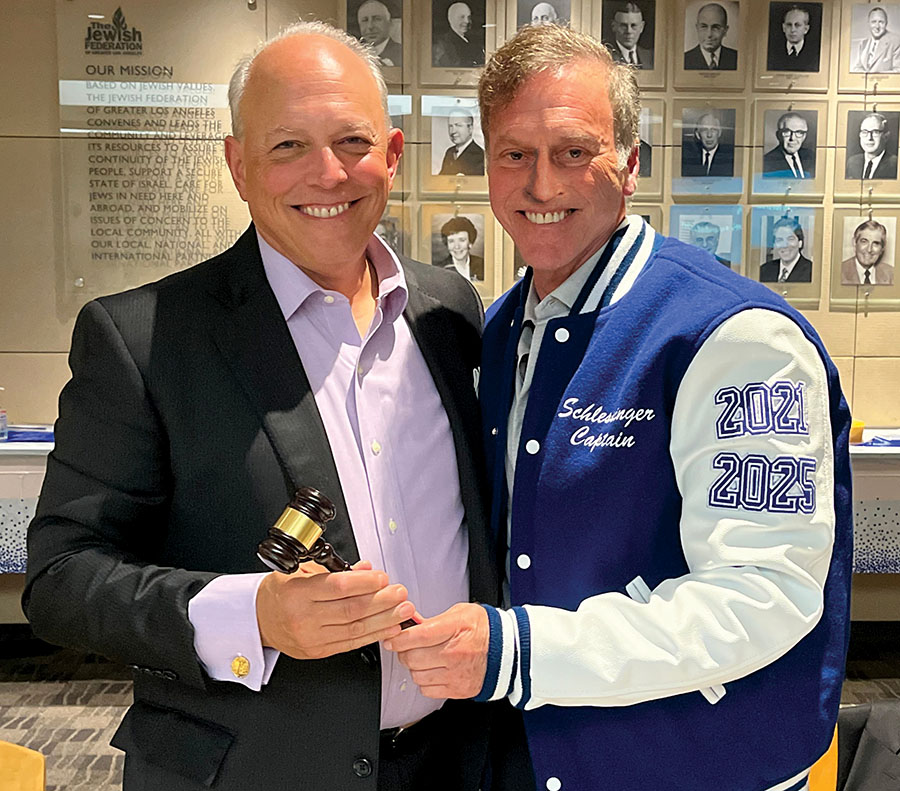

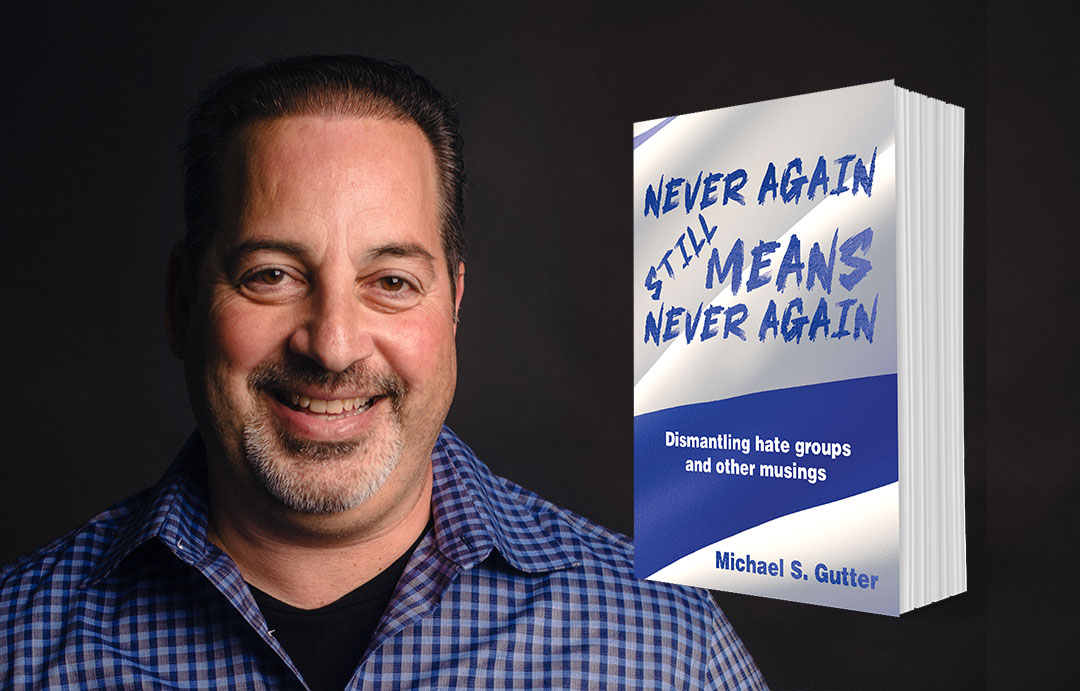


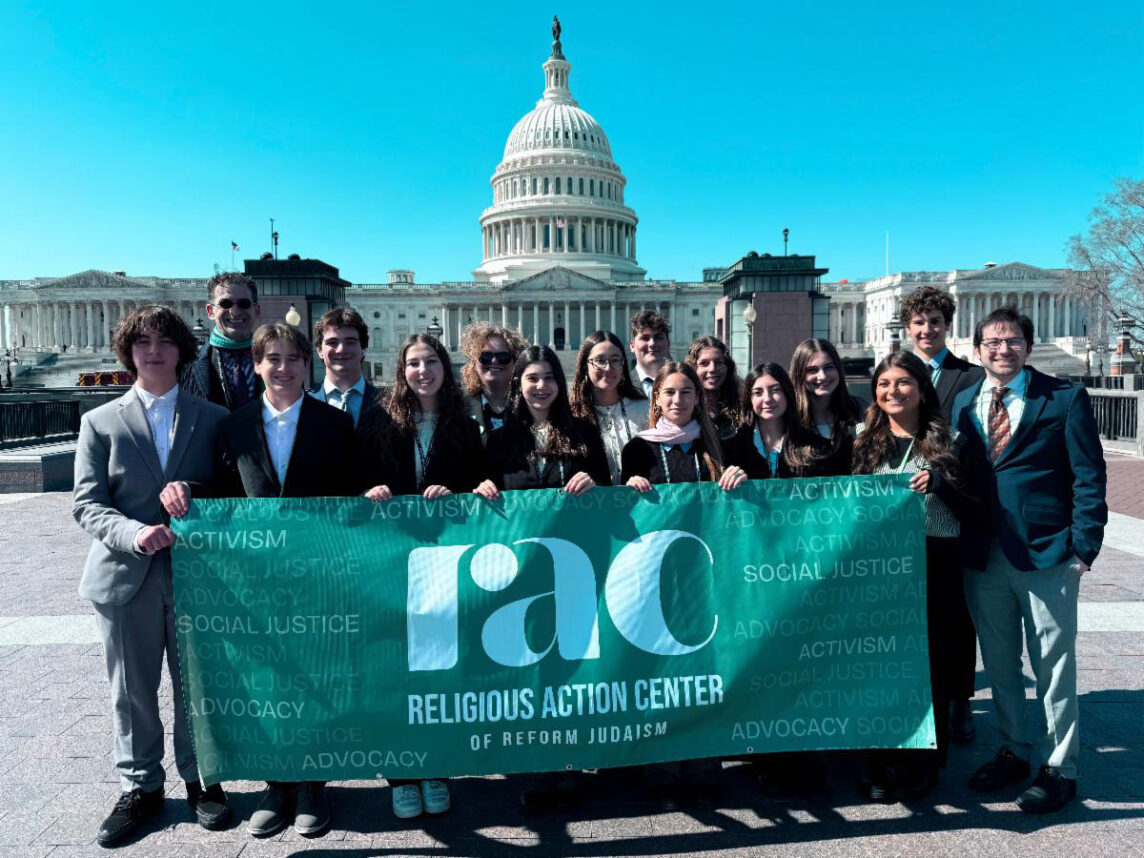

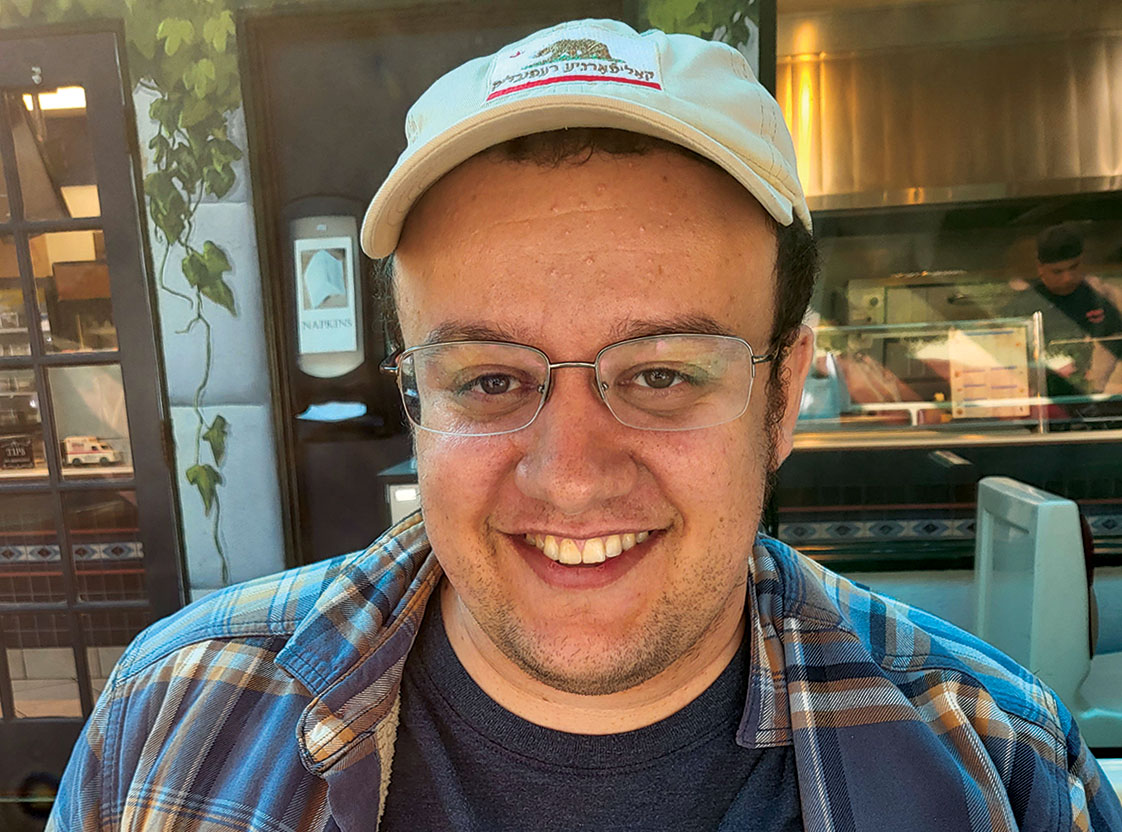




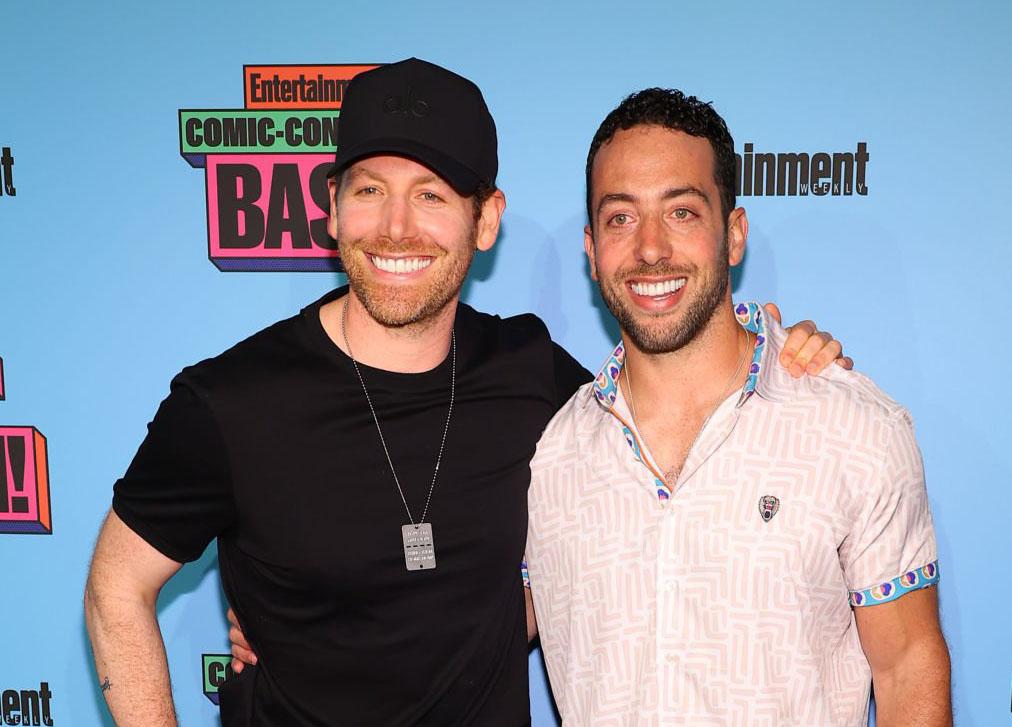


 More news and opinions than at a Shabbat dinner, right in your inbox.
More news and opinions than at a Shabbat dinner, right in your inbox.